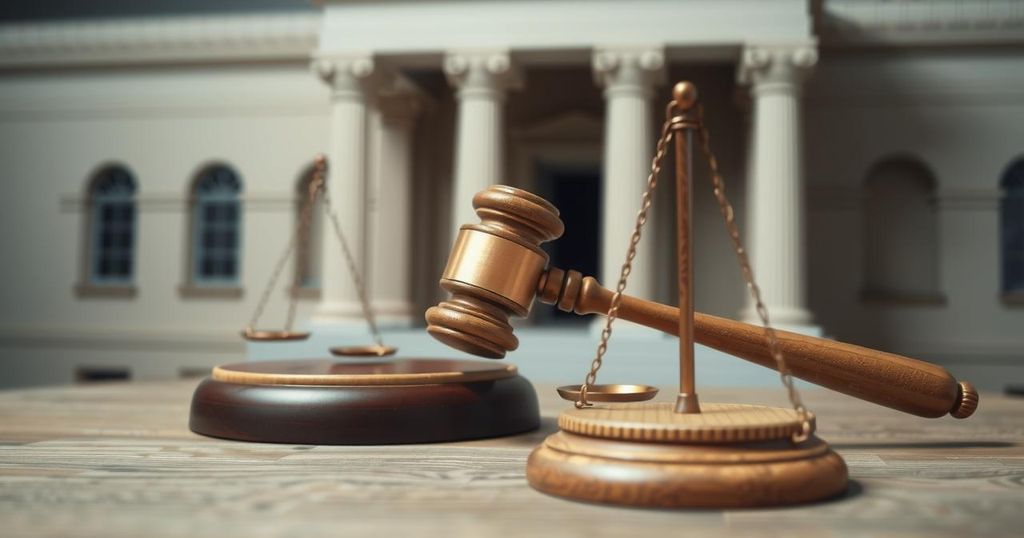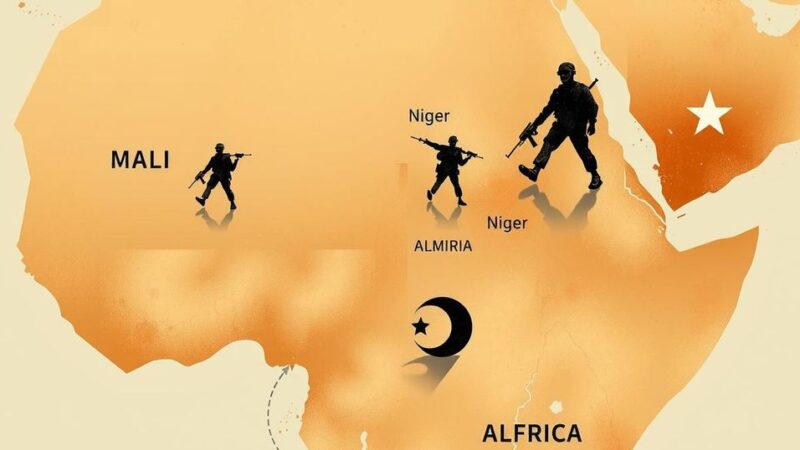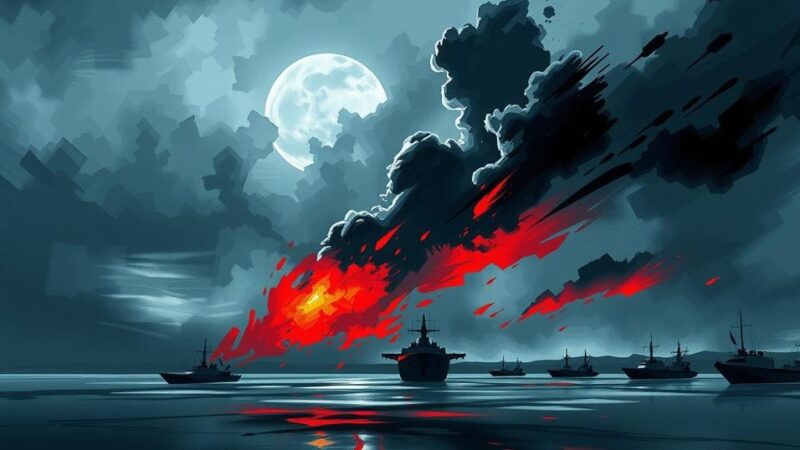Bolivia has issued an arrest warrant for ex-President Evo Morales due to allegations of minor trafficking. This development underscores ongoing political disputes and raises concerns over legal accountability for former leaders. Morales, who left office in 2019, remains a controversial figure in Bolivian politics, reflecting ongoing tensions in the nation.
Recent developments in Bolivia have led to the issuance of an arrest warrant for former President Evo Morales, sparked by allegations pertaining to minor trafficking activities. Morales, who served as president from 2006 to 2019, has faced numerous controversies since his departure from office. This warrant reflects ongoing tensions within Bolivian politics and raises questions regarding the nation’s judicial system and the handling of former leaders’ legal issues.
In the broader context, Morales’s presidency was marked by significant achievements and challenges, including economic growth and political instability. His subsequent flight to Argentina following his resignation in 2019 has kept him in the spotlight. The warrant serves as a reminder of how unresolved political disputes can perpetuate founder members’ struggles and violations even after they leave power.
In conclusion, the recent arrest warrant for Evo Morales highlights the ongoing political struggles in Bolivia and the complexities surrounding legal accountability for former leaders. This case raises critical discussions about political stability, the judicial process, and the implications of leadership misconduct in the country. As tensions continue, the implications for Bolivia’s political landscape may be profound, affecting both governance and public trust.
Original Source: www.msn.com






